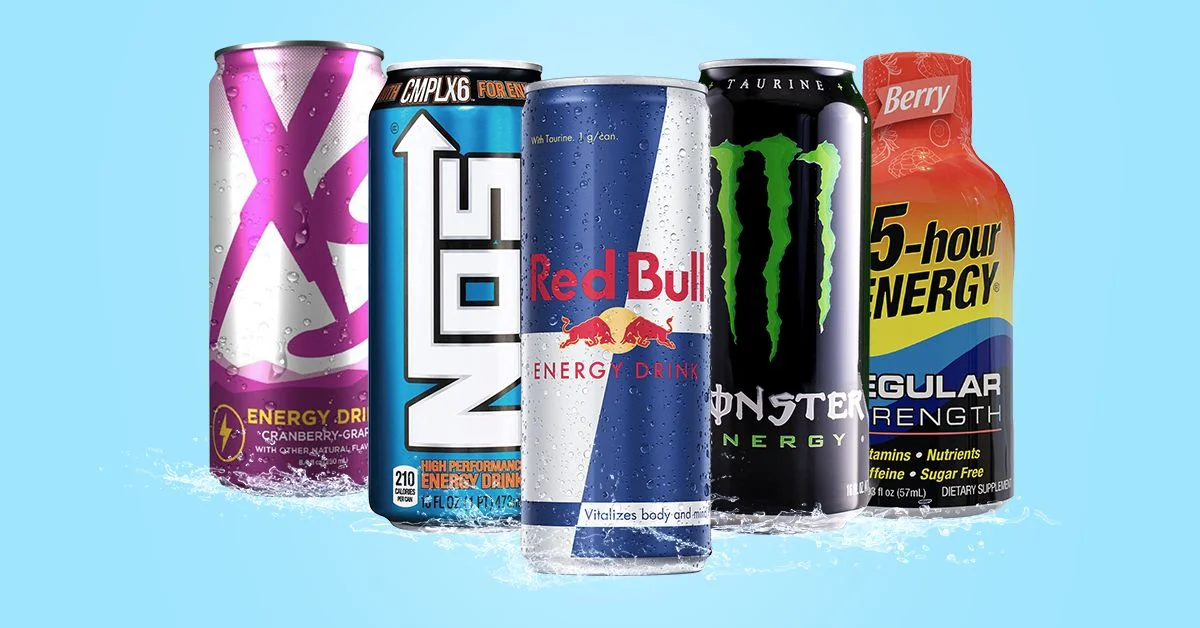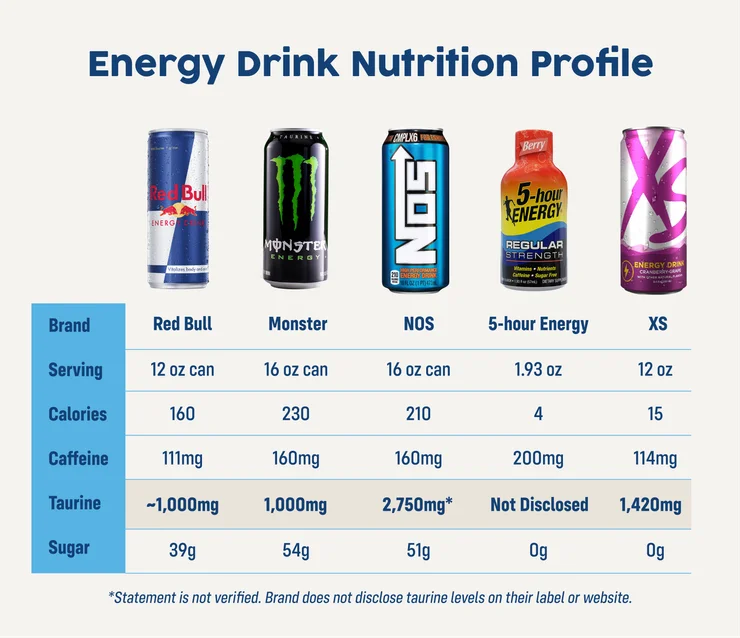Let’s first define taurine…
Taurine is a naturally occurring amino acid that plays a role in your hydration, immunity, central nervous system, and as of June 2023, longevity (1, 2, 3, 4). It’s highly concentrated in the heart, brain, eyes, placenta, and skeletal muscles (1).
The average healthy body is able to make enough taurine on its own: it has about 1 gram of taurine per kilogram of body weight (5). So if you weigh 150 pounds (or 68 kg), you have approximately 68 grams of taurine in your body.
And if you regularly eat taurine-rich foods like shellfish (particularly scallops, mussels, and clams), the dark meat of chicken and turkey, and eggs, you likely consume an additional 40 to 400 milligrams of taurine per day (6). Add an energy drink to the mix and that number can skyrocket to well over 1,000 milligrams.
All that said, humans can technically live without taurine (since it’s not an essential amino acid). However, those with a taurine deficiency can experience fatigue, impaired cognitive function, and an increased risk of heart disease.




